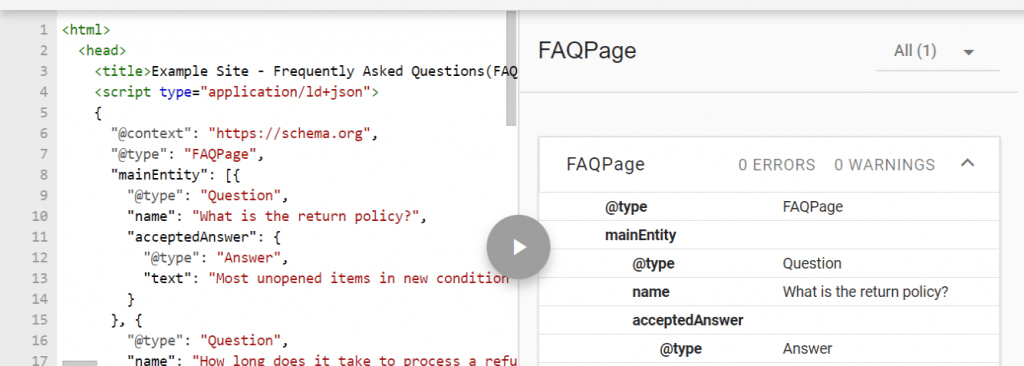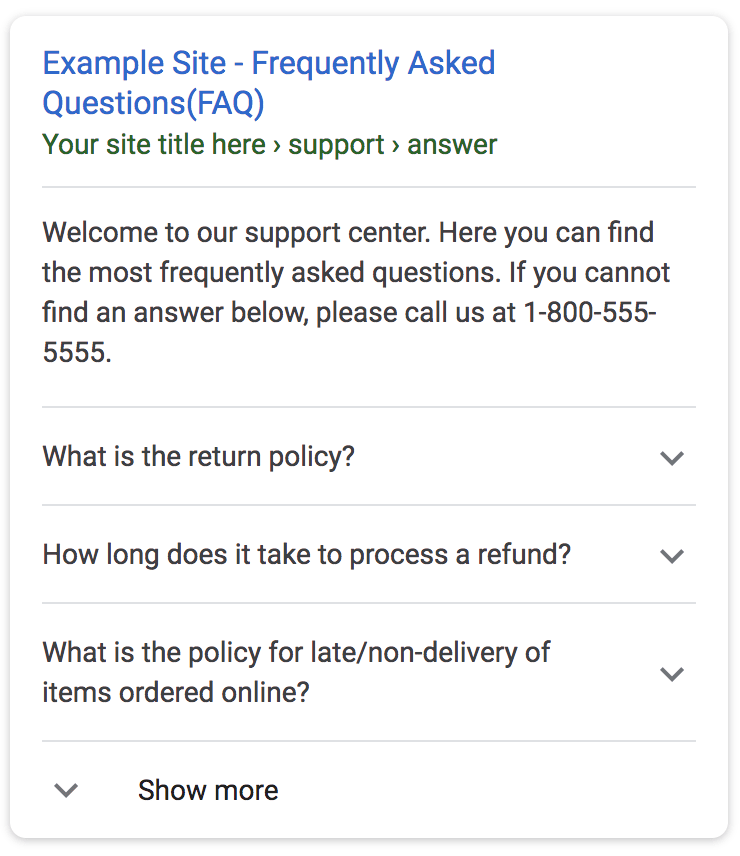FAQ Schema Compatibility extension is the number one solution to enhance your faq posts with the right structured data. Google Structured Data for the faq is one of the most important aspects of the search strategy. It gives you a highly visible position in the Google search rankings and the extra juice which you can use against your competitor.
If you want to FAQ schema for this you need to purchase and install FAQ Schema Compatibility Plugin.
For more details on how to download an extension for this Click Here
You can enable FAQ in Schema and Structure plugin by just enabling the option. It’s pretty easy for you to set up because it works out of the box.
- In Structured data schema type, first, we request you to click on Add schema type

- In this option, you need to select FAQ Schema Type.

- In FAQ Schema, we are providing Compatibility With the Ultimate FAQ – WordPress FAQ Plugin.
- In this section, you need to set the condition for the specific post or page or all posts where you want to show “FAQ Schema” and If you install the “Ultimate FAQ” plugin then select “ufaq” Post type like below the screenshot.

- After selecting the placement click on next, congratulation! you’ve successfully set up the schema markup.

- First, Go to WordPress dashboard -> Structure Data -> Settings -> Compatibility -> Active
- Please refer to the below steps and checked the box of Ultimate FAQ in the Compatibility section of the options panel and save it.

After that, you need to check the schema whether it’s validated or showing error in the Structure data testing tool.
Here is a screenshot of some sample markup:

Structure data testing tool: https://search.google.com/structured-data/testing-tool
The Output of the FAQ Schema

In the source code, JSON schema markup will be added like below the screenshot.

That’s it for this tutorial!
We hope it helped you. If you have any feedback or questions or do you want us to create compatibility for any other schema type which isn’t listed in our plugin then you can request us we will surely implement it as soon as possible.
